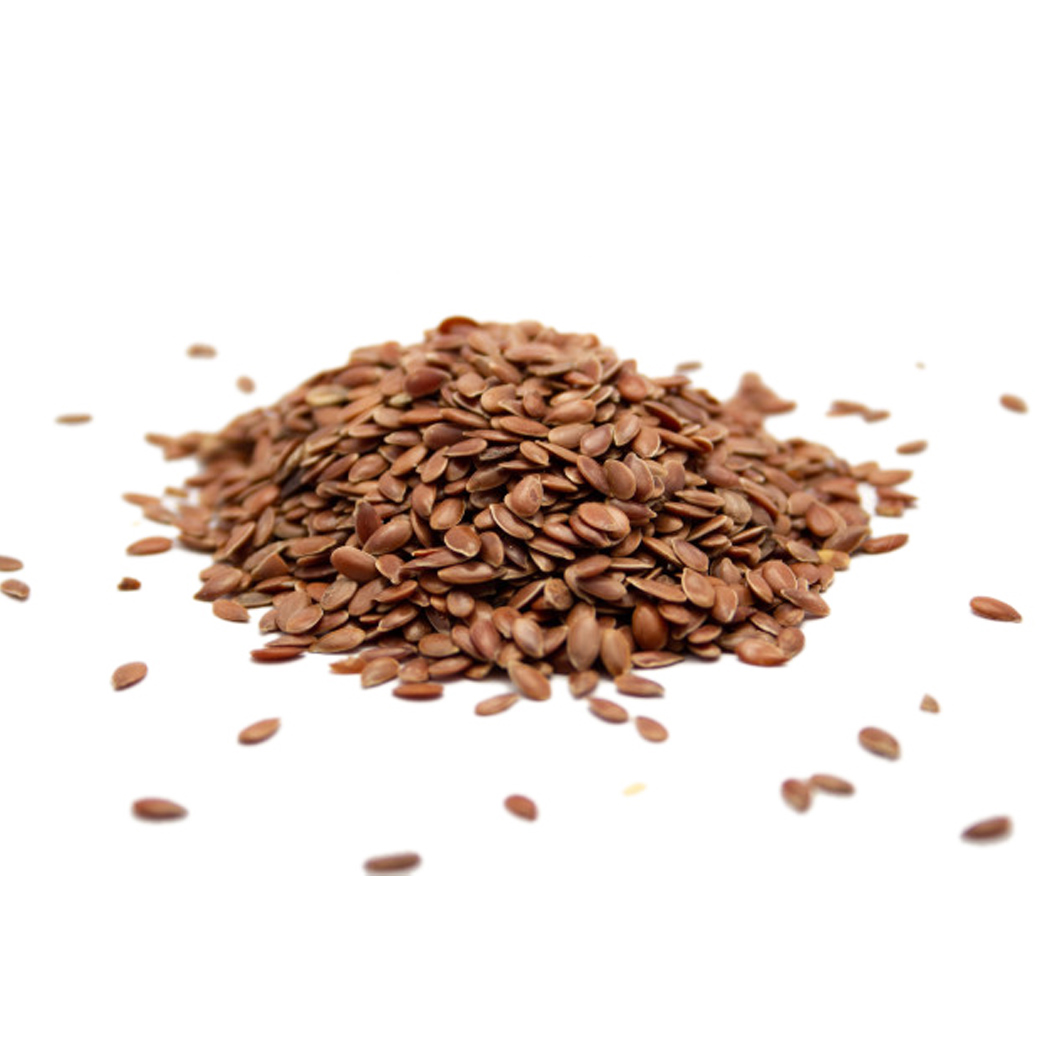The what, when and why of menopause
The word menopause is derived from the Greek words ‘menos’ – for month and ‘pause’ – for stop. It is the time during which a woman’s ovaries stop producing eggs, thereby gradually stopping her monthly period, till there is absolutely no menstrual cycle for 12 months in a row.
The time leading to the onset of menopause, when signs start developing, is called peri-menopause and can last upto 10 years. The time after, is called post-menopause and the time in between, when symptoms are rampant is menopause transition.
This phase of a woman’s life happens anywhere between 40 and 55 years of age, depending on her health, lifestyle and hereditary factors.
How menopause affects a woman
- It all begins with a change of schedule or duration in her monthly cycle and/or lighter or heavier bleeding patterns.
- A majority experience hot flashes, which are feelings of heat (of varied intensity), predominantly over the upper part of the body.
- Nights become traumatic for some, with chills, sweats and sleeplessness.
- Emotional problems may include unprovoked irritation, frustration, mood swings and forgetfulness.
- The transition affects the appearance of many women. Weight-gain, dry skin, and excessive hair-loss are some well-known factors. There’s a spurt of facial hair in some women, while others lose breast volume.
- Inexplicable tiredness and sleepiness can mark most part of the day.
- Health-related issues like cardio-vascular disease, Osteoporosis and Urinary Incontinence tend to flare up.
- brings on deficiencies in Estrogen, Vitamin D, Vitamin B-6 and Calcium, which explain the reason for the health-related issues.


Nutritional supplements that help tide over menopause
- Omega-3 Fatty Acids help combat hot flashes and night sweats. They are found in fatty fish and flax seeds.
- Fiber promotes digestion and fills the stomach, prevents overeating and weight gain. Foods like whole grains, almonds, dried fruits, nuts, beans, potatoes and apples provide substantial fiber.
- Calcium is vital for the protection of bones and is supplemented by dairy foods like milk, butter, cheese and yoghurt.
- Vitamin Dhelps absorb Calcium. In the absence of Vitamin D, Calcium supplements are useless. Fatty fish, soy, cheese and egg yolks are some super suppliers of Vitamin-D.
- Vitamin B-6 controls the emotions caused by low serotonin levels. Chicken and oats and good sources.
- Fruits and vegetables are mandatory. Apples, oranges and bananas – juiced or eaten raw, and steamed or tossed veggies like carrots, beans, greens, broccoli and tomatoes are suitable for a great daily diet.
- Water. Last but not the least, water is a universal remedy. It cleanses, detoxifies and hydrates the body like no other.


Other good lifestyle suggestions
- Exercise tops the list because of its immense benefits. A regular workout regime consisting of cardio like walking, swimming and cycling, and strength training like dumb bells are good choices as they strengthen the parts of the body that menopause affects.
- Choose to take the stairs than use the elevator.
- Dance – it enhances the mood and makes life look and feel good.
- Spend time in the open – getting a waft of fresh air is incredibly helpful for the mind and body.
- Go easy on certain foods – those high in salt and sugar, processed food, saturated fat and alcohol.
While there is general ambivalence on the subject, it is worth knowing that menopause is a natural phenomenon with no reason for worry or panic. It sure rearranges a couple of things for a woman, but understanding the aforementioned key points on the way things work, can help in the transition.


